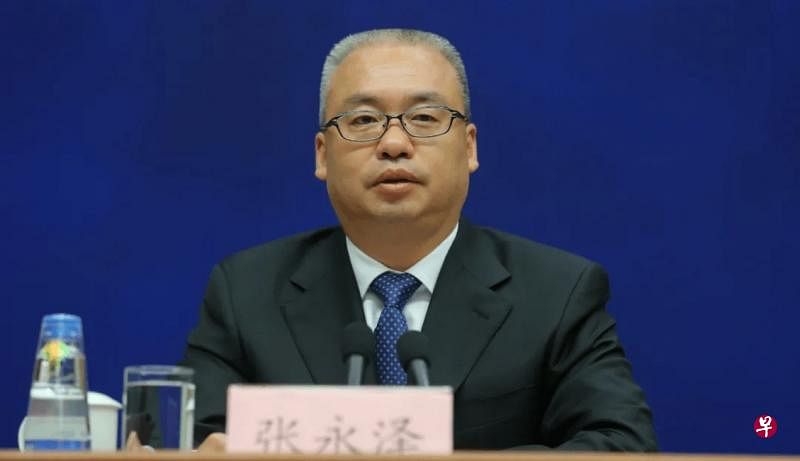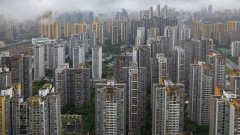
The official website of the Discipline Inspection Commission of the Communist Party of China issued a notice on Thursday (July 7) that Zhang Yongze, former vice chairman of the Tibet Autonomous Region Government, was expelled from the party and public office.Zhang Yongze, 53, was regarded as a new star in politics. He was also the first central management cadre this year. He was called "the first tiger in the new year" by the media.
Central management cadres are cadres of the Central Organization Department, and most of them are deputy ministries.The Central Commission for Discipline Inspection stated that Zhang Yongze seriously violated the Communist Party of China, organizational discipline, integrity, work discipline and daily discipline, constituted serious duties and suspected bribery crimes.The typical typical of the problem is serious, and the nature is serious and affects bad.The National Supervision Commission of the Central Commission for Discipline Inspection decided to give Zhang Yongze expelble the party, expel public office, and transfer it to the procuratorial organs for the procuratorial organs for review and prosecution.
The report said that Zhang Yongze had no ideals and beliefs, and the concept of political achievements was severely distorted. The implementation of the Chinese Communist Party's Tibetan party was not resolute and discounted in the new era.Examine, make great superstition activities; life is extravagant, greedy to enjoy, and accept high -end banquets and services provided by others for a long time; violate the principles of organizational principles, do not report personal whereabouts in accordance with regulations.
At the same time, Zhang Yongze does not repair private morals, the family style is corrupt, regardless of tutoring the family; rely on environmental protection and environmental protection, to conduct power and money transactions, and use job convenience to make benefits for others in terms of engineering contracting and job adjustment.Receive huge amounts of property.
Zhang Yongze is the first senior official -level official of Tibet after the 19th National Congress of the Communist Party of China in 2017.On December 3 last year, Zhang Yongze participated in the Tibetan Autonomous Region Government to hold a constitutional oath ceremony of the state staff. This is also the last public appearance during his tenure.
Different from some senior officials, unlike the "on -the -job learning", a doctoral degree and a master's degree. Zhang Yongze is a doctorate of a genuine engineering of the Department of Water Conservancy Engineering of Sichuan United University. After graduating in 1997, he went to work at the Chinese Academy of Environmental Sciences.Deputy Director of the Science and Technology Division of the hospital.In 1998, Zhang Yongze took the initiative to work to work in Tibet and became the Deputy Director of the Environmental Protection Bureau of the Tibet Autonomous Region.
In 2001, an article entitled by Zhang Yongze: an article on the roof of the world's roof introduced Zhang Yongze's "advanced deeds".According to the article, after Zhang Yongze arrived in Tibet, he overcome the difficulty of hypoxia and became a "tireless workaholic". Working overtime and work became the norm.In carrying, two years have allowed more than 100 construction projects to perform the environmental impact assessment procedures and establish the authority of the environmental protection department.
In 2003, Zhang Yongze, 34, was promoted to the Director of the Environmental Protection Bureau of the Tibet Autonomous Region.
In 2012, Zhang Yongze served as a commissioner of the Shannan District Office of Tibet, and one year later he served as Secretary of the CPC Shannan District Committee.In May 2017, Zhang Yongze was promoted to the vice chairman of the Tibet Autonomous Region Government and became the youngest vice chairman of Tibet at that time.
On January 8 this year, the Central Commission for Discipline Inspection announced that Zhang Yongze was suspected of serious disciplinary violations and accepted disciplinary review and supervision and investigation by the National Commission for Discipline Inspection.




